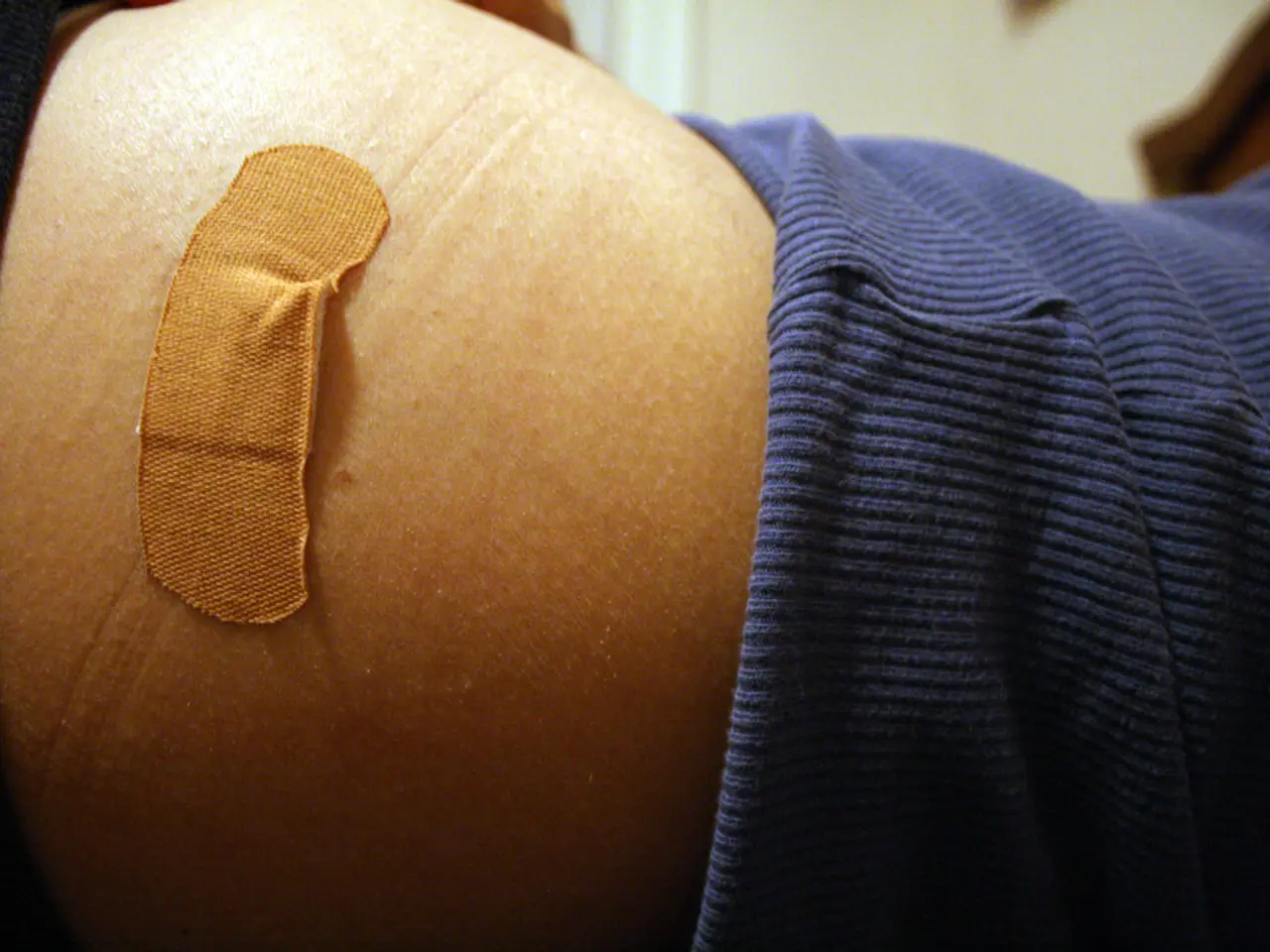Techniques for Dealing with Infidelity in a Contentedly Paired Partnership
In the face of unexpected infidelity, it's essential to approach the situation with care and thoughtfulness. Here's a step-by-step guide to help you navigate this challenging time.
Firstly, avoid making immediate major decisions like filing for divorce or retaliating. Strong emotions can cloud judgment, so it's crucial to give yourself time to process your feelings calmly[1][2].
Secondly, the unfaithful partner must take full responsibility for the betrayal without blaming others[1]. This foundation of accountability is key to healing.
Thirdly, allow yourself to feel and acknowledge your emotions, maintaining good self-care including rest and nutrition[2]. Remember, you are not to blame for your partner’s actions.
Healing from infidelity is a gradual process that requires patience and emotional work. Managing triggers—emotional responses to reminders of the affair—is a key part of healing. Learn to identify physical sensations linked to triggers, use grounding techniques like deep breathing or sensory focus, communicate your needs clearly, and accept that progress may be nonlinear[3].
The partner who cheated should respond with patience, provide reassurance without resentment, and validate your experiences to help rebuild trust[3].
Seeking professional help can be highly beneficial. Couples therapy, especially approaches like Emotionally Focused Therapy (EFT) or the Gottman Method, helps couples address relational patterns, rebuild trust, and create secure attachment[5]. Individual therapy, particularly trauma-focused cognitive behavioral therapy (TF-CBT), is valuable for the hurt partner to work through intrusive thoughts and emotional distress[5].
Regaining trust is a process that requires effort and honesty from both parties. Reflecting together on the causes of infidelity can help prevent the same mistakes from being repeated[4].
Every person experiences the process of healing from infidelity in their own way. The decision to forgive infidelity is personal and depends on individual values and expectations. Letting go of resentment is crucial for the healing process, whether you choose to stay in the relationship or not[6].
Lastly, remember to focus on self-care during this time. This includes getting enough sleep, eating well, and engaging in activities that provide emotional respite[7].
In conclusion, the path to overcoming infidelity involves allowing time to process emotions before making life-altering decisions, ensuring the unfaithful partner fully accepts responsibility, practicing self-care and emotional expression, developing strategies to manage triggers, engaging in couples and/or individual therapy for tailored support, reflecting together on the causes of infidelity, and focusing on self-care[1][2][3][5][6][7]. This approach helps navigate the painful aftermath thoughtfully and sustainably.
- It's important to avoid making immediate major decisions like filing for divorce or retaliating, as strong emotions can cloud judgment, and giving oneself time to process feelings calmly is crucial.
- In cases of infidelity, the unfaithful partner must take full responsibility for the betrayal without blaming others, because this foundation of accountability is key to healing.
- Allowing oneself to feel and acknowledge the emotions that arise is crucial during the healing process, and maintaining good self-care, including rest and nutrition, is important.
- Reflecting together on the causes of infidelity can help prevent the same mistakes from being repeated and rebuilding trust.
- Engaging in couples therapy, particularly approaches like Emotionally Focused Therapy (EFT) or the Gottman Method, or individual therapy like trauma-focused cognitive behavioral therapy (TF-CBT), can help provide tailored support during the healing process and focus on personal growth and education-and-self-development.




